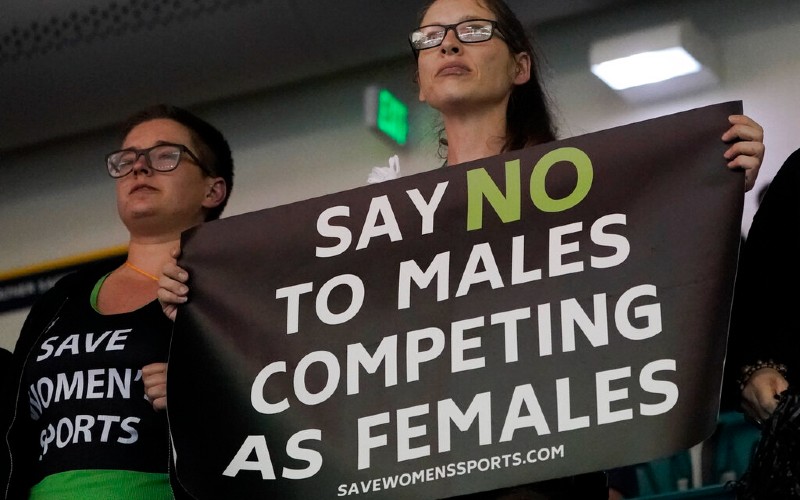The decision by special counsel Jack Smith, who had fiercely sought to hold Trump criminally accountable for his questioning of the 2020 election results, represented the end of the federal effort against the former president following his election victory this month.
The decision, revealed in court filings, also amounts to a predictable but nonetheless stunning conclusion to criminal cases that had been seen as the most perilous of the multiple legal threats Trump has faced. It reflects the practical consequences of Trump’s victory, ensuring he enters office free from scrutiny over the Biden Justice Department claims.
Smith’s team emphasized that the move to abandon the prosecutions, in federal courts in Washington and Florida, was not a reflection of their view on the merits of the cases but rather a reflection of their commitment to longstanding department policy.
The decision was expected after Smith's team began assessing how to wind down both the 2020 election interference case and the separate classified documents case in the wake of Trump's victory over Vice President Kamala Harris. The Justice Department believes Trump can no longer be tried in accordance with longstanding policy that says sitting presidents cannot be prosecuted.
Trump has cast both cases as politically motivated, and had vowed to fire Smith as soon as he takes office in January.
The 2020 election case brought last year was once seen as one of the most serious legal threats facing the Republican as he vied to reclaim the White House. But it quickly stalled amid legal fighting over Trump’s sweeping claims of immunity from prosecution for acts he took while in the White House.
The U.S. Supreme Court in July ruled for the first time that former presidents have broad immunity from prosecution, and sent the case back to U.S. District Judge Tanya Chutkan to determine which allegations in the indictment, if any, could proceed to trial.







